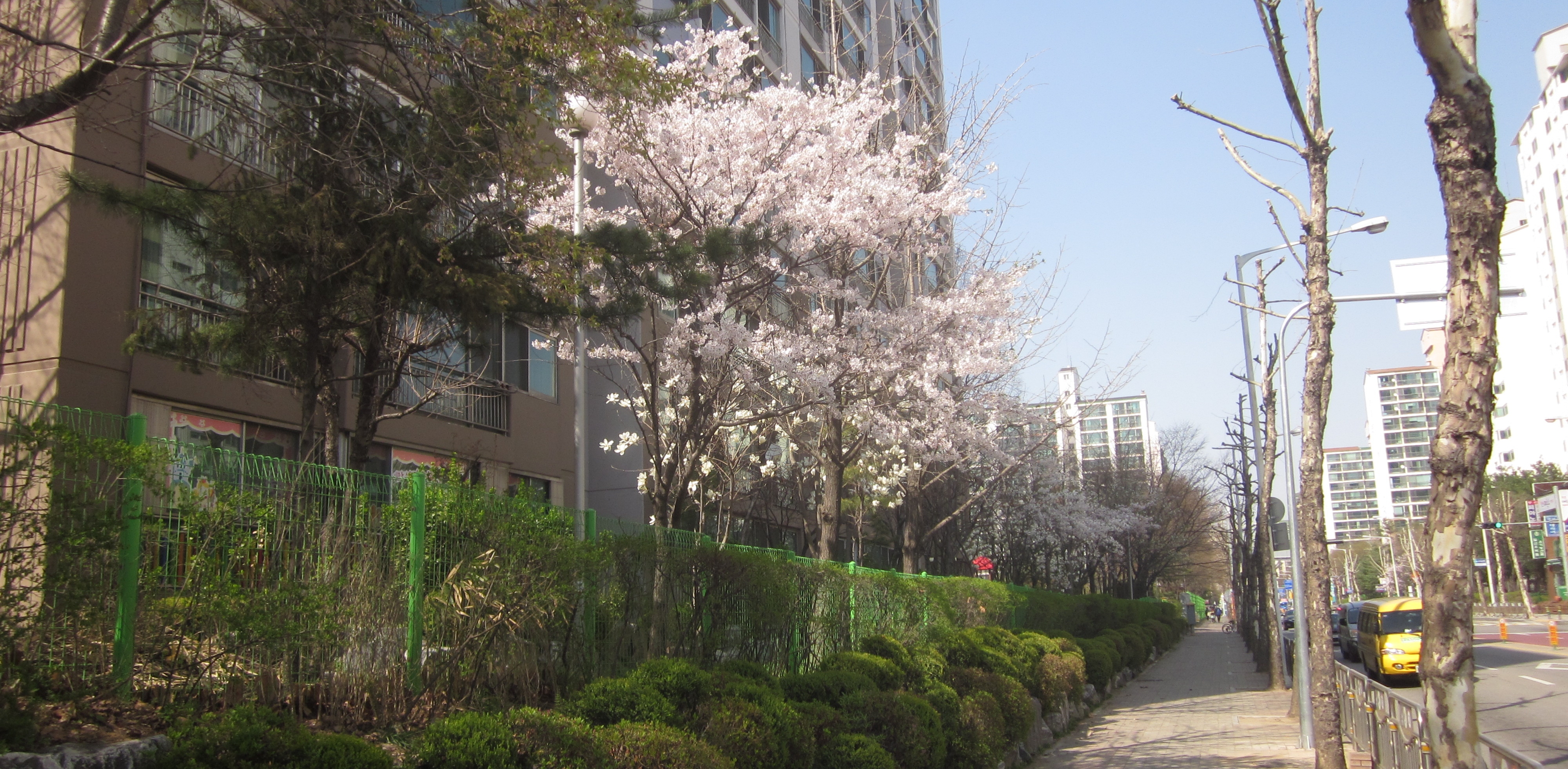Sometimes, a sum of small events can add up to a
very bad day.
Earlier, I met a friend (and former
coworker) for lunch and I was telling her about the recent evolution
of Karma Academy. How I feel that it's become too focused on
"business as business" and is forgetting the business of
education. I'm not sure what the solution is, but it's becoming a
much less pleasant place to work, in my opinion.
Still, I can't rule out that it's
partly subjective. My own feelings about my indefinite stay in Korea
have been evolving, and I keep returning to what has been one of my
core reasons for being here: my desire to somehow learn Korean.
But I'm not. I'm not learning Korean. I'm failing. This isn't Karma Academy's fault (though it
might be karma's fault, with a lowercase 'k'), obviously, but my
feelings of failure about that project are impacting my ability to
maximize my potential in my work environment.
These feelings of failure are further
combined with my coworkers' utter lack of demonstrative compassion
about my efforts to learn – it's mostly just amusing to them that I
want to learn Korean, as they seem to find it strange if not
downright suspicious that a foreigner wants to learn their language,
and they definitely find it amusing (in a laugh at me rather than
with me kind of way) that I'm so remarkably bad at it, especially
after having been here for so many years.
So I was talking about that with my
friend, and meanwhile I have a toothache that means I should be
seeing a dentist, which I've been procrastinating on. I fear dentists
more than North Korea. But lately, when I eat something spicy, it
really, really hurts to eat it. The fried rice at the Vietnamese
place where I was having lunch with my friend was a little bit spicy.
Normally I really like spicy food – I love spicy food – but because
of this toothache it really hurt. So I was in pain.
I need to go to the dentist. I will go
on Monday.
Anytime I feel pain, I feel negative
about human existence – this is natural. It's harder to keep a
positive outlook. This toothache is so much my own fault, because I
so despise if not downright fear dentists (due to past bad
experiences) and so now… it's my fault, and I'm feeling this pain.
Now I'm just whining, aren't I?
But then there's this next thing. I had
a rather horrifying class, during my last scheduled hour at the end
of the day. The class was so horrifying, I wrote about it
separately, in a previous blog post… so look for it and read about
it [broken link! FIXME] there.
Then one more thing happened. I came
out of the horrifying class to be told by the assistant director that
I'd had my students do the "Parents Day Letter" assignment
(see previous blog post) wrong, anyway. You see, there were special
prepared papers that the students were supposed to fill out, not just
write them on regular paper. These letters are supposed to go to
parents, of course, but only on the special prepared papers – like
forms to fill out.
I felt really upset by what had
happened in class, and now this was like a "last straw" –
because I really had zero recollection that I'd been told about these
special prepared papers.
"Perhaps you told me this in
Korean, not realizing I didn't understand?" I asked the
assistant director.
"No, I told you, in English,"
she protested.
Nothing is more upsetting than the
feeling that one is losing one's memory. At least… for me. So on
top of these other issues, I'm losing my memory, too.
"I really don't think you told
me," I complained, feeling helpless. I felt very angry, though.
"I really don't like how so often people don't tell me what's
going on around here," I finally exploded.
It wasn't exploded exploded. But I was
showing my anger, which I really rarely do.
I added to my rant: "And
then people think they told me because they said something in Korean
and they think I understood," I added.
The fact is, I'd much rather believe that she was
misremembering and had said something in Korean where I hadn't
understood, than it turning out I had had some kind of weird blackout
during some announcement in English in the staffroom yesterday.
There was no resolution to this, except
to underscore that if I would just get my butt in gear and learn
Korean, I wouldn't have the excuse I took recourse to above, and
perhaps I'd have known about the special prepared papers.
All of which is to
say, I'd traveled in a full circle back to my earlier frustration I'd
been expressing to my friend about being unable to learn Korean
adequately.


